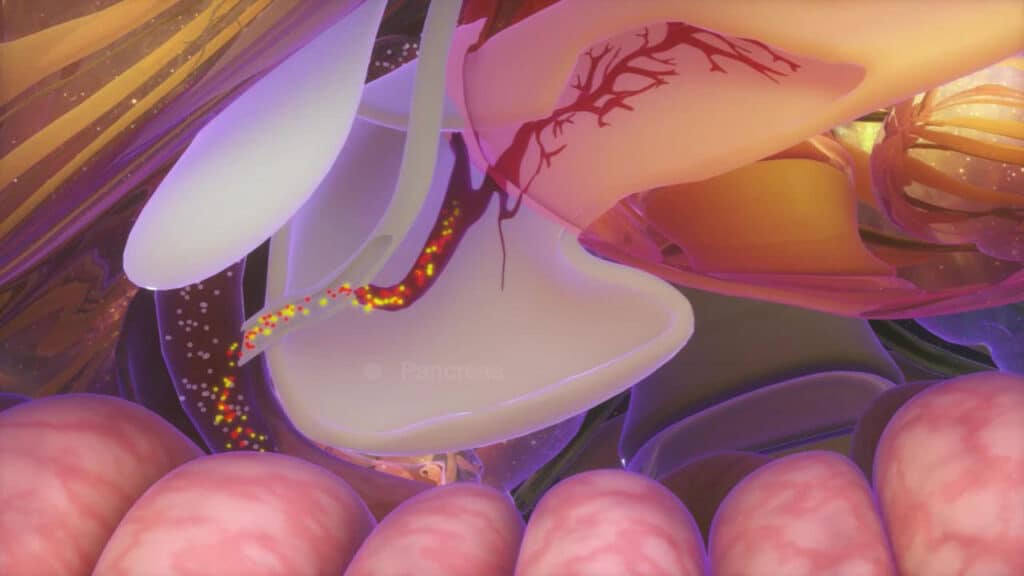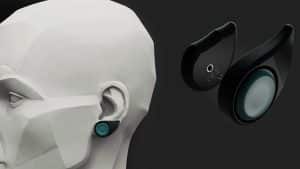It’s bad when your blood sugar is too high, and it’s bad when your blood sugar is too low. That’s because what the body actually wants is blood sugar homeostasis. Homeostasis is when something remains steady and in the same condition, such as body temperature or fluid levels. And if your body wants to maintain roughly the same blood sugar levels at all times, it needs a system to help it do that.
Blood sugar regulation is something that tends to get more attention when it goes wrong, like when someone develops diabetes. If it’s not working properly, it’s true that it can cause some serious health problems. But even if you have no issues with your blood sugar, your body is still working to monitor and adjust it at this very moment.
There are actually more than a dozen hormones that can impact your blood sugar levels, but the two most important ones are insulin and glucagon. They’re both produced in the pancreas. Insulin can lower your blood sugar, and glucagon can raise it. That means that when one of these hormones is going up, the other is going down.
Why would these hormones constantly need to be adjusting? Once your body reaches its ideal blood sugar level, why can’t it just stay there? Well, because despite the quest for homeostasis, you’re constantly doing things that can change your blood sugar levels. Exercise can drive them down. Eating can push them up. Alcohol causes a surge. Some drugs can contribute to increases or decreases. Throughout the day, you’ll find blood sugar rising, falling and returning to normal.
After heavy exercise or a long period without food (such as when you first wake up and haven’t had breakfast), your pancreas releases glucagon. It travels to the liver and encourages the breakdown of the glycogen that is stored in your cells, releasing it back into the bloodstream. If your blood sugar increases too much, it’s insulin that will be released and instructs your liver to convert the glucose back to glycogen so it can be stored in the cells again.
It’s a complicated, fascinating process that shows just how delicate the balance of the body can be. If you want to be aware of your physical state, being attuned to the shifts in blood sugar and how they impact you shouldn’t be overlooked.




